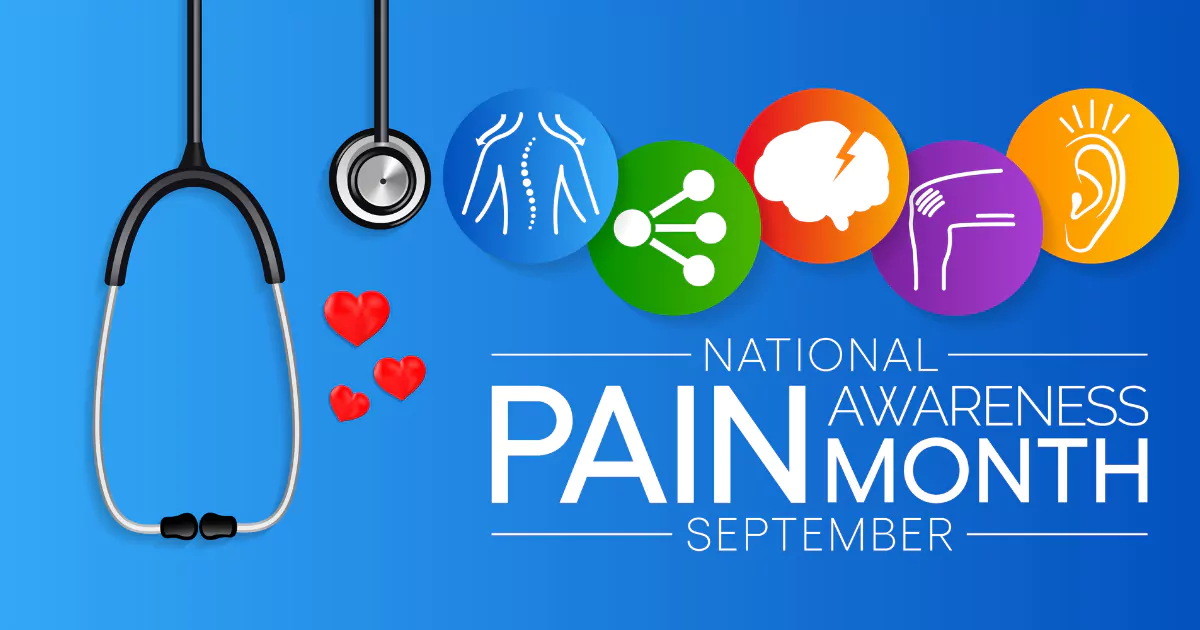
Get Involved and Show Your Support during Pain Awareness Month 2021
September marks Pain Awareness Month, a 30-day awareness initiative that examines the role of chronic and acute pain in the proliferation of illness and the disruption of quality of life of those who struggle with them.
In a time when nearly 100 million Americans struggle with chronic pain, a number that eclipses the rates of heart disease, cancer and diabetes combined-it’s important for physicians, patients, caregivers and advocates, alike to understand the underlying causes and everyday remedies that relieve symptoms.
Pain is also associated with many different types of chronic disease and can be a sign of worsening or aggravation of a pre-existing condition.
Chronic Pain and Long COVID: A Pandemic within A Pandemic
Pain is one of the most common immediate and long-term symptoms of COVID-19. The subset of patients who experienced protracted effects of the coronavirus, also known as “long-haulers”, routinely list long-term debilitating pain among their ongoing medical issues. Additionally, the Centers for Disease Control and Prevention (CDC) also lists pain as one of the most common long-term effects of the virus.
Managing Daily and Long-Term Chronic Pain
There are multiple ways you or your loved one can manage chronic pain to minimize symptoms and maximize quality of life, including but not limited to:
- Non-Prescription Pain Medications (Ibuprofen, Acetaminophen, Naproxen, etc.)
- Physical Therapy and Light Exercise
- Massage, Meditation and Yoga
- Breathing Exercises
- Psychotherapy and Counseling
The type of treatment you choose for your chronic pain will ultimately be determined by its cause. Sometimes the causes of pain are obvious (injury, aging, underlying condition, etc.) and sometimes it can be more elusive and even linked to mental health issues, like depression or anxiety. Work with your care provider to determine the root causes of your chronic pain and develop an appropriate treatment plan.
You can help determine the cause of your pain through blood tests, imaging and other methods. Chronic pain is often linked to conditions like arthritis, cancer, osteoporosis, fibromyalgia and others.
How Can I Show My Support during Pain Awareness Month?
If you or someone you care about is struggling with chronic pain, there are many ways to empower yourself and support others during Pain Awareness Month. The US Pain Foundation offers a variety of resources to help you get involved, including:
- A Month-Long Calendar of Events
- A Robust and Dedicated Volunteer Network
- Educational Resources to Help Better Understand Pain’s Origins and Impact
- A Strong Network of Support Groups
Get educated, get empowered and get involved!

